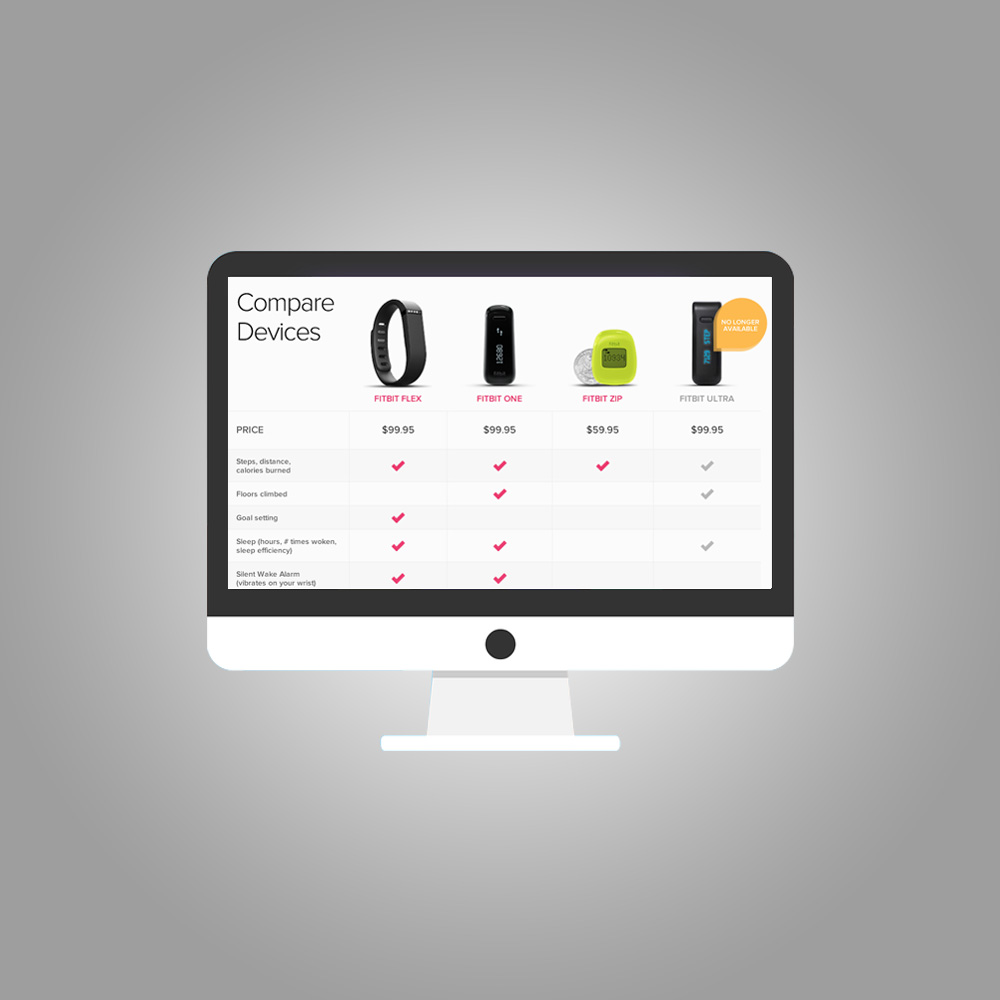
The most recent health consumer report has highlighted a shift in the industry. It reveals that only 13% of consumers say they trust pharmaceutical companies to treat their health issues. This low level of confidence is not good for the industry. In addition, today's consumers have become comfortable using digital versions of traditional in-person services, such as remote monitoring and virtual checkups. So, nearly three-quarters (75%) of people now manage their health care.
Trust is related to desirable consumer behaviours
In recent years, the relationship between consumers and health companies has changed drastically. This report examines consumer attitudes and experiences in the healthcare and health sectors. It shows that trust is strongly linked to certain consumer behavior. It also points out that a high degree of trust is important for ensuring the continued success of a health company.
Salesforce has recently found that consumers are more willing to share nonmedical information if the company is trustworthy. This holds true whether you are a healthcare provider, a medical technology company, or a pharmaceutical organization. Additionally, those who trust a company's health services are more likely than others to use their services.

McKinsey also identified consumer behavior patterns that are related to high trustworthiness. In US consumer surveys, many consumers tried new brands in the past year. They also changed their health-related expectations by shifting from out of home to online engagement.
Building trust results in positive consumer health outcomes
Trust between consumers and their health care providers can lead to more positive health behaviors, better subjective outcomes, and greater satisfaction. In addition, trust-building interventions are cost-effective and can be implemented in clinical care. Next is to study the mechanisms that support trust and improve health outcomes.
Transparency and accountability are key to trust building strategies. Patients trust doctors they can trust, and are comfortable talking about their health issues with them. Patient-doctor relationships can be built by doctors who are open and honest about any medical issues. This can increase the patient's willingness and ability to accept unexpected or difficult medical news.
In addition to building trust with consumers, healthcare providers must be committed to demonstrating their willingness to act in the best interest of their patients. To be trusted, they must demonstrate their trustworthiness. It can be challenging, especially in healthcare. Start by learning the basics, then move on to building from there.

Trust builds patient centricity
Better health outcomes can be associated with building trust with healthcare professionals, although the relationship is subject to change depending on the outcome dimension. There are small correlations between trust and objective and self-rated subjective outcomes, and the association is stronger in studies with high quality data. The duration of treatment was usually 1.7 to 2 months for participants with multiple chronic complaints.
Biopharmaceutical research, as well as disease management, requires that patients are centered. This is about understanding patients' experiences and conditions, and then delivering products or services that they will find useful. There is no one standard definition of patient-centricity. However, there have been many initiatives to create it.
Building trust with patients requires interaction during the patient encounter as well as following up afterward. A recent study revealed that almost 30 percent reported that they did not take their prescribed medicines. This could be due either to financial limitations or cost. A follow-up procedure can be implemented to ensure that patients take their medications as prescribed and follow their aftercare plan. This is especially important for chronic conditions.